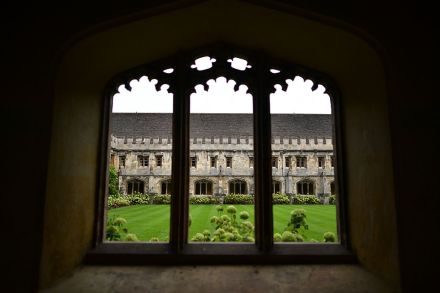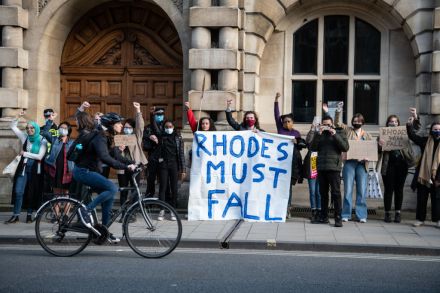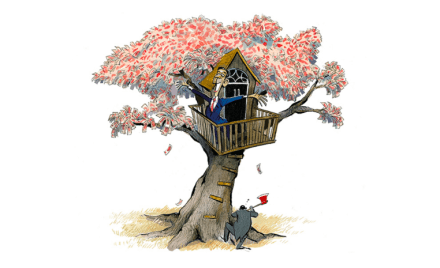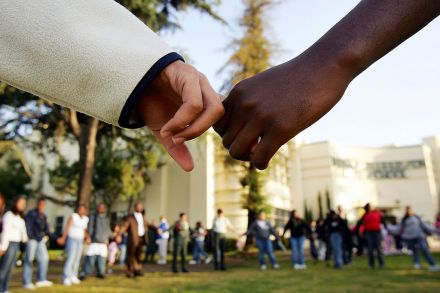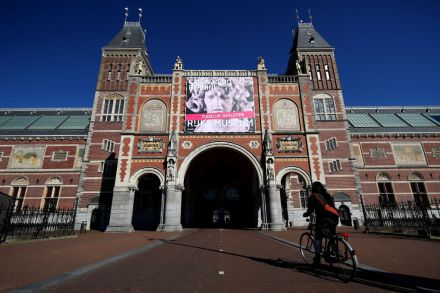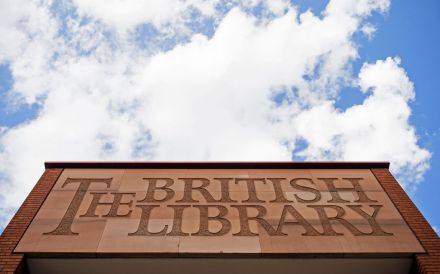The apocalyptic side to English football
It had to end this way. Whatever else we might say about the English weather, it is deeply in tune with the national psyche – the emotions of the people over innumerable generations have taken on the grey, leaden cast of their skies – and there could be no more fitting day after that final




